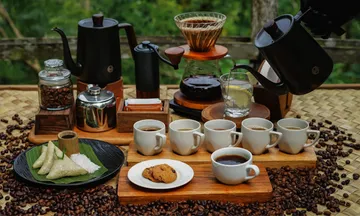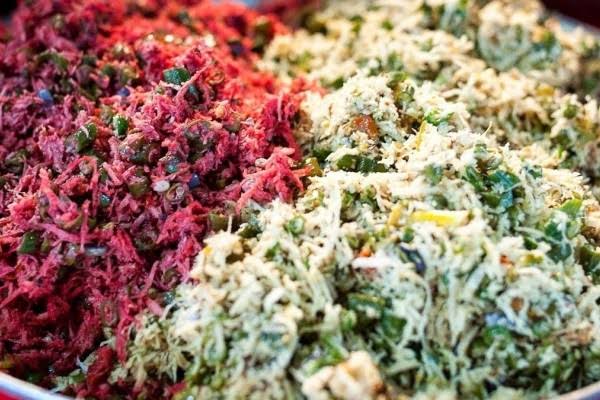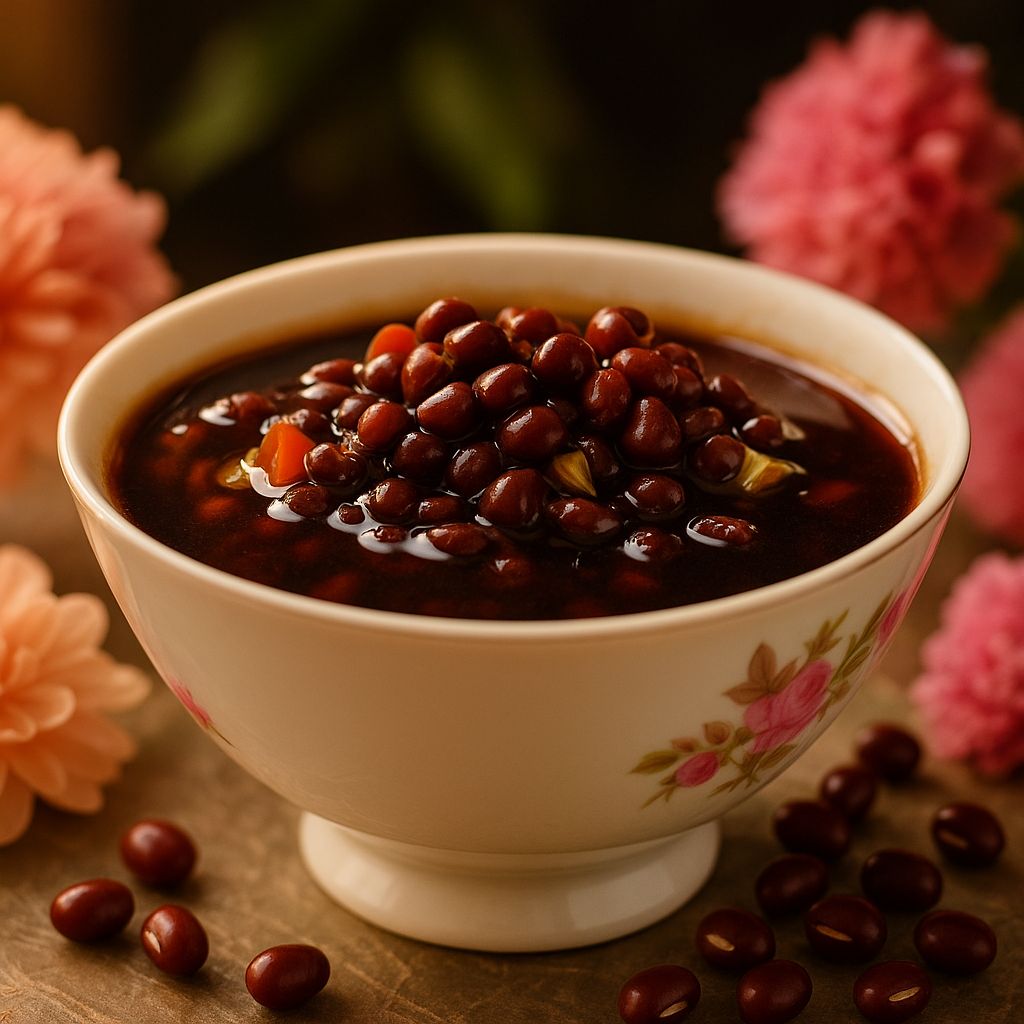When you think of Bali, your mind might first jump to beaches, temples, or lush green rice fields. But for coffee lovers, this island hides another treasure — a rich and evolving coffee culture that deserves just as much attention.
From age-old brewing methods to artisan cafés tucked away in jungle towns, Bali offers a caffeinated adventure that’s as unforgettable as its sunsets.
Let’s dive deep into what makes Bali’s coffee scene so special — and why you should definitely bring your caffeine cravings along for the ride.
A Sip into History: How Coffee Took Root in Bali
Coffee isn’t new to Bali. It arrived centuries ago during the Dutch colonial era, finding perfect growing conditions in the island’s volcanic soil and high-altitude regions. Today, Bali is known for producing high-quality Arabica and Robusta beans, often cultivated by small local farmers using organic, sustainable methods.
One of the island’s most intriguing claims to fame? Kopi Luwak — the world’s most expensive coffee, made through a unique (and somewhat controversial) process involving civet cats. Traditionally, wild civets would eat ripe coffee cherries and pass the beans naturally, enhancing their flavor through natural fermentation.
However, not all Kopi Luwak is created equal. Ethical concerns have risen as demand grew, with many farms resorting to caged civets. If you choose to try Kopi Luwak in Bali, look for wild-sourced options where animal welfare is respected.
Traditional Ways of Brewing: The Art of “Tubruk”
Long before Bali’s third-wave café boom, locals brewed their coffee using a simple, hearty method called tubruk. Freshly ground beans are mixed directly with boiling water (sometimes with sugar), creating a bold, unfiltered cup that’s rich in flavor.
This rustic style contrasts with the more modern techniques found in trendy cafés today, like V60 pour-over or AeroPress brewing, yet it remains a vital part of Bali’s coffee identity — especially if you want to taste the drink the way locals have for generations.
Best Coffee Plantation Tours to Explore
If you’re truly passionate about coffee, visiting a plantation should be high on your Bali to-do list. Areas like Kintamani, Munduk, and Tegalalang offer immersive experiences where you can walk among coffee trees, watch traditional roasting methods, and sample different brews.
Popular spots like Bali Pulina Agro Tourism let you enjoy tastings that include vanilla coffee, ginseng coffee, and even wild-sourced Kopi Luwak — all with sweeping views of tropical landscapes.
Some plantations also highlight Bali’s broader agricultural richness, letting you sample cacao, spices, and herbal teas as part of the experience.
Where to Find the Best Coffee in Bali
Today, Bali’s café scene rivals some of the best coffee cities in the world. Whether you love your coffee black, brewed, or crafted into a velvety flat white, there’s a perfect spot waiting for you.
- Ubud: Nestled in the heart of the jungle, Ubud boasts some of Bali’s most soulful coffee shops. Don’t miss spots like Seniman Coffee Studio for a masterclass in coffee artistry, or Anomali Coffee for their focus on Indonesian beans.
- Canggu: Known for its laid-back surf vibe, Canggu is packed with hip cafés. Head to Crate Café for a strong morning brew paired with a hearty breakfast bowl or chill at The Shady Shack for coffee with a plant-based twist.
- Seminyak: If you prefer a stylish setting, Seminyak won’t disappoint. Revolver Espresso remains a favorite for its dark, moody interior and consistently great coffee, while Sisterfields is perfect for brunch and a latte.
Each area offers a different slice of Bali’s café culture, blending global trends with local flavors.
Coffee and Sustainability: Brewing a Better Future
As Bali’s coffee industry grows, so does awareness around ethical sourcing and sustainability. More cafés and plantations are working directly with farmers, ensuring fair pay and environmentally responsible practices.
If you care about supporting these efforts, look for organic certifications or ask about the origin of the beans. Some local brands, like Bali Beans and Karana Coffee, are leading the way in eco-conscious farming and roasting.
Choosing sustainable coffee not only tastes better — it also helps protect Bali’s environment and empower its farming communities.
Celebrate Your Love of Coffee: Festivals and Events
If your travel dates align, don’t miss Bali’s coffee events. The Bali Coffee Festival celebrates everything from traditional brews to latte art battles, while the Bali Coffee Expo showcases the island’s finest growers and roasters.
These gatherings offer a chance to meet passionate farmers, skilled baristas, and fellow coffee lovers — and maybe even discover your new favorite brew.
Tips for the Ultimate Coffee Journey in Bali
- Visit early: Some of the best cafés get crowded fast, especially in Canggu and Seminyak.
- Bring cash: Smaller, family-owned cafés often prefer cash over cards.
- Be adventurous: Try different brewing styles — from rustic tubruk to delicate pour-overs.
- Support local: Opt for locally grown beans and support independent coffee shops.
From sipping a strong tubruk overlooking the rice fields to café hopping through the trendiest parts of Canggu, Bali’s coffee culture offers more than just caffeine. It’s a rich experience of tradition, creativity, and connection.
So next time you visit Bali, slow down, grab a cup, and savor every moment — because here, coffee isn’t just a drink. It’s a way of life. (BT)





